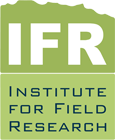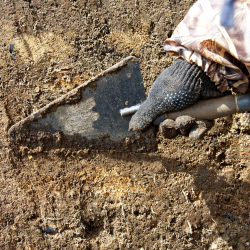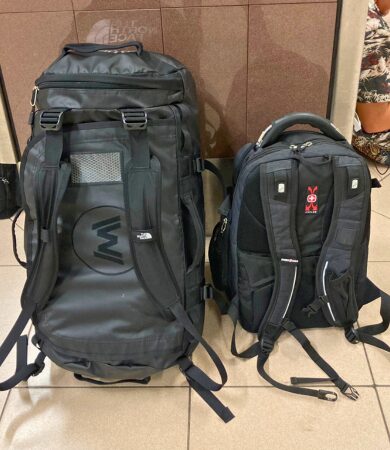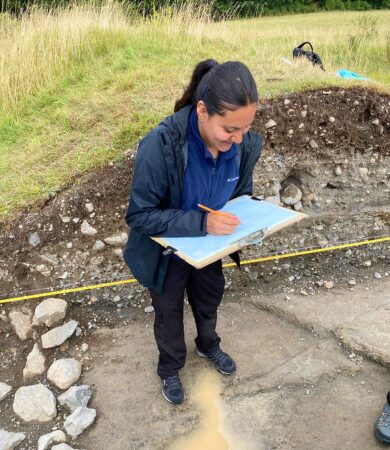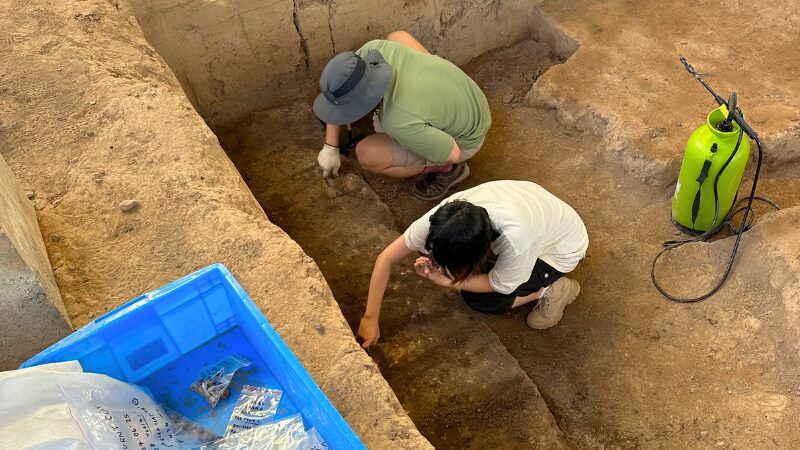Anthropologist and IFR board member Jason De León‘s latest book, Soldiers and Kings: Survival and Hope in the World of Human Smuggling, hit the shelves March 19, marking the culmination of years of meticulous fieldwork spent grappling with the complexities of migration and the human condition. In a recent interview, De León shared insights into his motivations, challenges, and the interdisciplinary approach that informs his groundbreaking work.
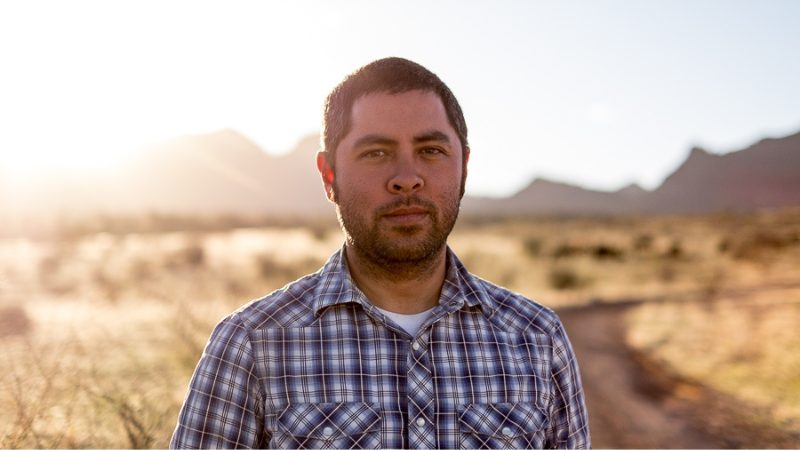
De León’s book delves into the shadowy world of human smuggling, offering a unique perspective on the often-overlooked exp eriences of the guides who navigate migrants across borders. For De León, the decision to explore the lives of smugglers was born out of a desire to tell a different side of the migrant story. “I want to complicate the narrative” he states, emphasizing his commitment to offering a more multi-dimensional portrayal of migration that he hopes challenges the overly simplistic version so often conveyed in the news.
De León shares that the project for Soldiers and Kings grew out of a 2015 IFR field school in southern Mexico focused on the experience of Central American migrants and archaeological research on what they leave behind on their journeys. This research brought him into contact with the guides that laid the groundwork for his extensive exploration of smuggling and smugglers themselves.
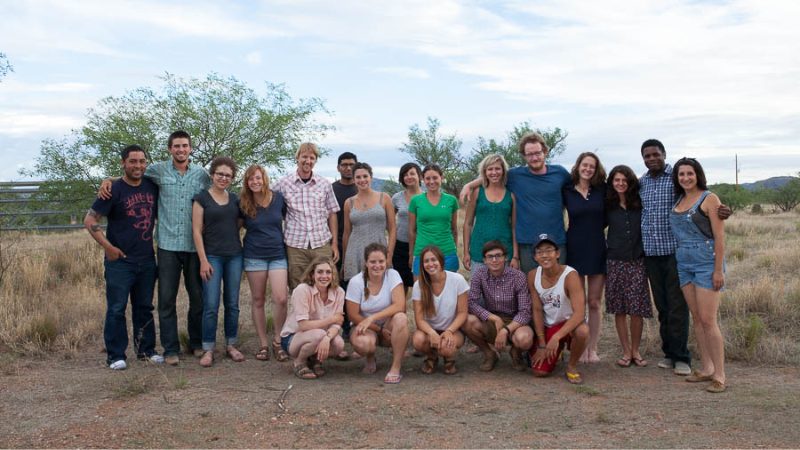
For the next seven years, he immersed himself in the lives of his subjects across broad swaths of Mexico, the U.S. and Honduras, engaging in an ethnographic method aptly termed deep hanging out. This immersive approach, he explains, is about more than just observation; it’s about forging genuine connections with those whose lives he seeks to understand. As De León reflects, “I would say that probably what I’m best at is hanging out. That’s one of the things I love about my job is that it allows me to be in new places and to be there for extended periods of time, to be with people and try to understand who they are and where they’re coming from.”
Indeed, what emerged from De León’s years of deep hanging out is a complex portrait of humanity in Soldiers and Kings, one that intersects with broader themes of capitalism, climate change, violence, ethics, hope, and love in a way De León hopes will surprise readers. “I want them to feel as conflicted about the subject matter as I do,” he relays.
Beyond his book, De León’s career is as multifaceted as the stories he uncovers. Drawing from anthropology, archaeology, ethnography, and visual art, De León employs a broad range of tools to try to understand and communicate the human condition. For aspiring anthropologists and archaeologists looking to follow in his footsteps, De León offers advice gleaned from his own experiences. “One, learn how to ask for help… and two, really figure out what are the things that you are the most passionate about,” he advises.
De León advocates for field school experiences as an excellent opportunity for students to take chances and explore their passions. “The beauty about being a student is that you don’t know what’s going to happen” he begins, “It’s important to take some chances and take some risks…just go and do this thing that you might be really passionate about and see if it sticks.” He shares that even risks he has taken in his own career that didn’t work out the way he expected were integral to his professional development. “I think failure is a wonderful thing,” De León reflects, “I have failed at so many things and have no regrets about those failures…they taught me important lessons and helped me figure out what it was that I actually wanted to be doing.”
Though his latest book marks the culmination of years of research, De León is already looking to the future, with ongoing projects in forensic research and citizen science initiatives in southern Mexico, a book of photography, and a potential field school on the horizon. For the latest updates on Jason De León’s work and upcoming projects, visit his website at www.jasonpatrickdeleon.com.
Share this article
Follow us
Latest articles
June 3, 2025
